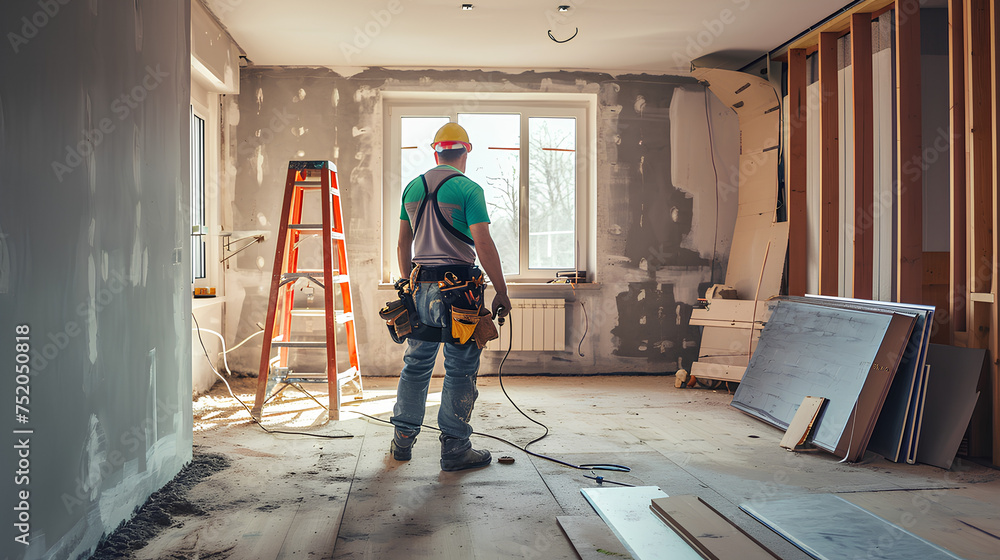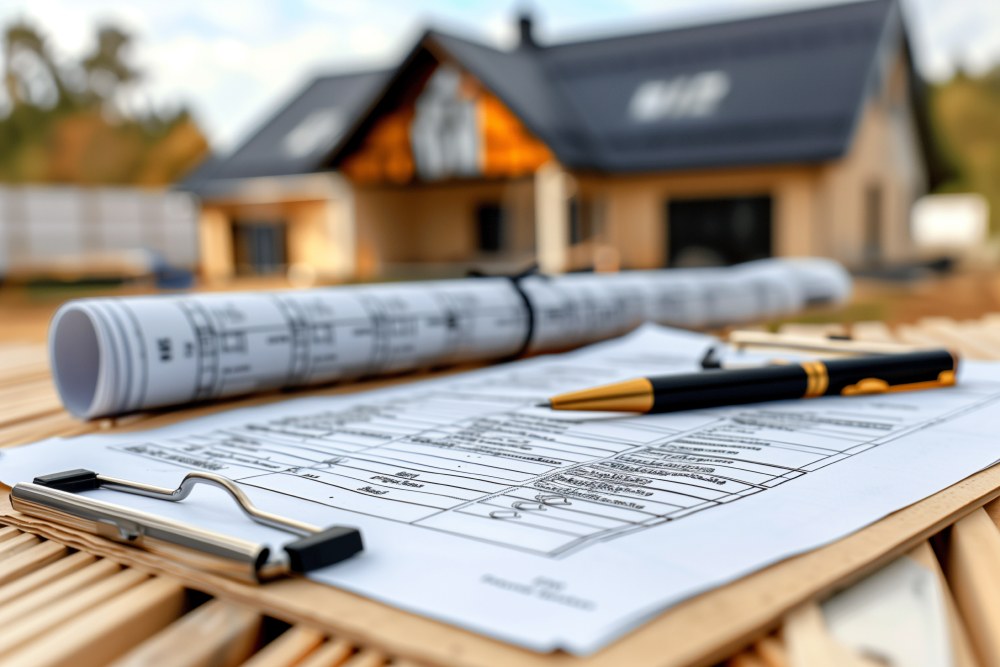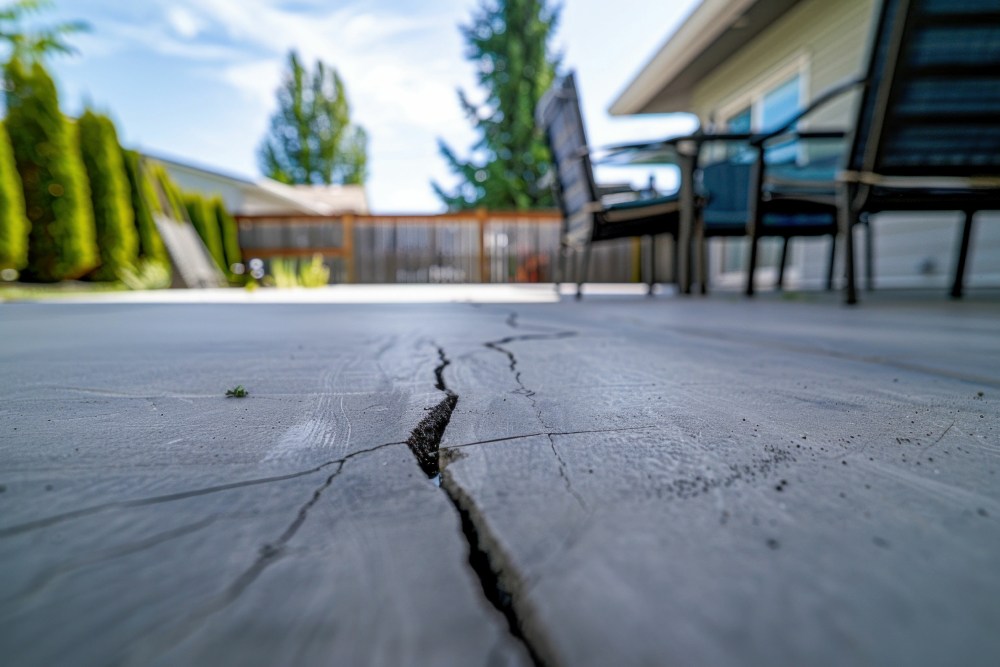Home improvement projects can sometimes lead to disputes between homeowners and contractors. When disagreements arise, resolving them quickly and efficiently is crucial to avoid delays, additional costs, and stress. Arbitration and mediation are two effective methods for resolving home improvement disputes without resorting to lengthy and expensive litigation. Here’s a comprehensive guide on how to use arbitration and mediation in home improvement disputes.
1. Understanding Arbitration and Mediation
Arbitration- Binding Resolution: Arbitration is a process where a neutral third party, known as an arbitrator, hears both sides of the dispute and makes a binding decision.
- Formal Process: It is more formal than mediation but less so than court proceedings, often involving rules of evidence and procedure.
- Enforceability: The arbitrator’s decision is legally binding and enforceable in court.
- Facilitated Negotiation: Mediation involves a neutral third party, the mediator, who facilitates negotiation between the parties to help them reach a mutually acceptable agreement.
- Non-Binding: The mediator does not make a decision; instead, the parties retain control over the outcome, and any agreement reached is non-binding until formalized in a contract.
- Collaborative: Mediation is less formal and focuses on collaboration and communication.
2. When to Consider Arbitration and Mediation
Early Dispute Resolution- Minor Disagreements: For minor disputes or misunderstandings, mediation can help both parties communicate and resolve issues before they escalate.
- Contract Provisions: Review your contract to see if it includes clauses for arbitration or mediation, which often require disputes to be resolved through these methods before considering litigation.
- Complex Disputes: For more complex disputes involving significant financial stakes or legal issues, arbitration can provide a binding resolution without going to court.
- Failed Negotiations: If direct negotiations have failed, arbitration or mediation offers a structured environment for resolution.
Join HICP Homeowner’s Alliance
Connect with experts, get special discounts and enjoy member benefits
3. Preparing for Arbitration and Mediation
Documentation and Evidence- Gather Records: Collect all relevant documentation, including contracts, emails, text messages, photos, receipts, and any other evidence that supports your case.
- Organize Evidence: Organize your evidence in a clear and logical manner to present your case effectively.
- Define Dispute: Clearly define the key issues and points of contention. Understand what you want to achieve through the process.
- List Objectives: Make a list of your objectives and desired outcomes, such as specific remedies, financial compensation, or completion of work.
4. The Mediation Process
Selecting a Mediator- Neutral Party: Choose a neutral mediator with experience in construction or home improvement disputes.
- Agreed Upon: Both parties should agree on the mediator to ensure fairness and impartiality.
- Initial Meeting: The mediator will hold an initial meeting to explain the process, set ground rules, and gather information from both parties.
- Joint Sessions: Both parties will participate in joint sessions where they present their perspectives and work towards a resolution.
- Private Sessions: The mediator may hold private sessions (caucuses) with each party to explore options and facilitate negotiation.
- Mutual Agreement: The goal is to reach a mutually acceptable agreement that resolves the dispute. The mediator helps draft the agreement.
- Formalization: Once both parties agree, the terms are formalized in a written contract, which becomes legally binding.
5. The Arbitration Process
Selecting an Arbitrator- Qualified Arbitrator: Choose an arbitrator with expertise in construction or home improvement disputes. Arbitration organizations can provide lists of qualified arbitrators.
- Agreement: Both parties should agree on the arbitrator to ensure impartiality.
- Preparation: Prepare your case by organizing evidence, identifying witnesses, and preparing statements.
- Hearing: During the hearing, both parties present their cases, including evidence and witness testimony. The arbitrator may ask questions to clarify issues.
- Decision: The arbitrator reviews the evidence and makes a binding decision, which is documented in a written award.
6. Enforcing the Outcome
Mediation Agreement- Legal Binding: Ensure the mediation agreement is written and signed by both parties to make it legally binding.
- Compliance: Monitor compliance with the terms of the agreement and take legal action if necessary to enforce it.
- Court Enforcement: If the losing party does not comply with the arbitrator’s decision, the winning party can file a petition in court to confirm the award, making it enforceable like a court judgment.
- Appeals: Arbitration awards are generally final and binding with limited grounds for appeal, ensuring a swift resolution.
7. Benefits of Arbitration and Mediation
Cost-Effective- Lower Costs: Both methods are typically less expensive than litigation due to reduced legal fees and faster resolution times.
- Avoid Court Fees: Avoid the high costs associated with court proceedings and prolonged legal battles.
- Faster Resolution: Arbitration and mediation can resolve disputes more quickly than traditional court processes.
- Flexibility: Sessions can be scheduled more flexibly compared to court dates, which can be subject to long delays.
- Private Proceedings: Both arbitration and mediation are private, keeping the details of the dispute and the outcome confidential.
- Protect Reputation: Confidentiality helps protect the reputation and privacy of both parties.
- Mediation Control: In mediation, parties retain control over the outcome and can tailor solutions to their specific needs.
- Arbitration Expertise: In arbitration, parties benefit from the arbitrator’s expertise and experience in the specific subject matter.
Conclusion
Arbitration and mediation offer effective, cost-efficient, and timely methods for resolving home improvement disputes. By understanding when and how to use these processes, preparing thoroughly, and selecting qualified professionals, homeowners and contractors can achieve fair resolutions without the need for lengthy and expensive litigation. Embracing these alternative dispute resolution methods can help maintain positive relationships, protect investments, and ensure successful home improvement projects. Always consult with legal professionals to navigate the complexities of arbitration and mediation and to safeguard your interests throughout the process.



















